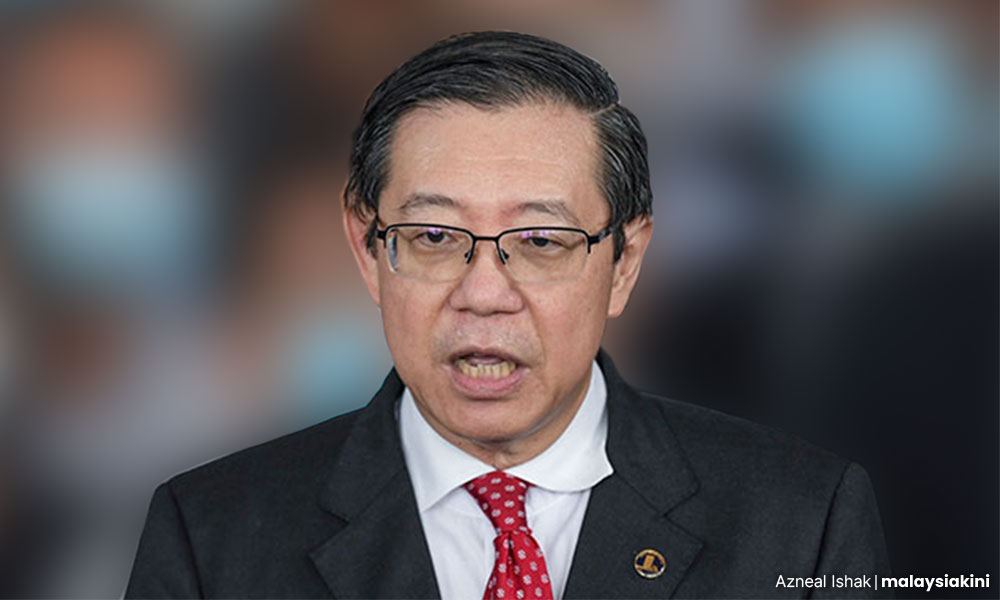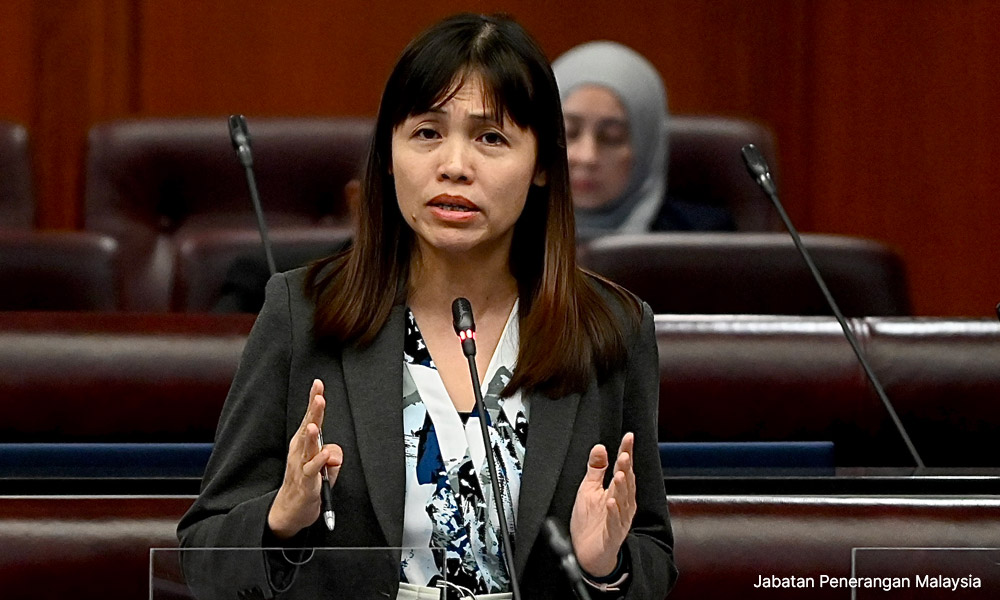With the advent of the internet and social media, many Malaysians have every reason to breathe a sigh of relief. After all, for many years Malaysians were under the yoke of oppressive censorship via licensing instruments.
When BN was in power, Malaysians were subjected to a plethora of draconian laws aimed at controlling their basic freedom of speech and expression despite the fact such a fundamental freedom is duly embedded in the supreme law of the land - the Federal Constitution.
The control was normally done via a special scheme known as a licensing mechanism. Such a licensing scheme was, however, given a legal justification via a slew of draconian laws such as the Printing Presses and Publication Act 1984 (PPPA).
As a lawyer, I used to represent clients who were prosecuted (read persecuted) under this draconian law, notably the firm and dedicated fighter for press freedom, namely the late Ahmad Lutfi Othman.
Unless the present DAP leaders are suffering from amnesia, they should never forget that their top leader namely Lim Guan Eng was once the victim of a draconian law which only legalised a licenced publication.
When Lim was sent to jail having been prosecuted under the Sedition Act and the Printing Presses and Publications Act, Amnesty International issued the following statement - “The arbitrary and selective application of the Sedition Act and the Printing Presses and Publications Act against Lim Guan Eng reflects the Government of Malaysia’s continuing use of restrictive legislation to intimidate those who express dissenting opinions, and to engender a public reluctance to criticise those in power.”

Backpedalling
It seems that such a mind-boggling policy is coming again and haunting all Malaysians one more time.
Worse, this policy is introduced by a government which is being led by a prime minister who has been vocal in telling the whole world that his government is committed to doing reforms.
Many bemoan that Pakatan Harapan leaders in the Madani government seem to have been infected by BN’s mentality.
The government should never blame Malaysians if they don’t believe that the government is not really serious about reforms. What has been preached by the Madani government is often and routinely breached by the same government.
When the Malaysian Communications and Multimedia Commission (MCMC) recently announced that the measure - the need for all social media and internet messaging services with at least eight million registered users in the country to apply for a licence - would take effect on Jan 1, 2025, following the introduction of a new regulatory framework for social media and internet messaging services starting Aug 1, many foresee it as a present and imminent danger to freedom of speech.
In defending the move, Deputy Communications Minister Teo Nie Ching reportedly justified it by saying its purpose was to hold all social media platform providers accountable, tighten standard operating procedures and curb cybercrimes.

She particularly noted the rising cases of sexual crimes against children and online fraud in Malaysia, which have become increasingly alarming.
While many may endorse her valid concern in holding all social media platform providers accountable for social media abuses and in tightening standard operating procedures plus curbing cybercrimes, many are deeply concerned.
They are worried that the latest policy by her ministry may, in all likelihood, be open to abuse by the authorities. It is submitted that any law which authorises a prior licensing is often viewed as a shortcut to power abuses.
Enforce existing laws
Many are on the same page with the government that any illegal or unlawful use of any social media platform, let alone cybercrimes ought to face the music. Yes, the culprits must be brought to book.
If the government is still facing difficulty in efficiently and effectively enforcing the current laws in order to attain the desired results, the remedy lies not in introducing a new law but rather in empowering such enforcement measures.
Anyway, the best prescription to solve the aforesaid problem is not by way of a prior licensing of the social media platform providers.
When prior licensing - even to print media - is invariably seen as a bad policy, any attempt by the Madani government to introduce prior licensing to any social media platform would naturally be considered the worst policy ever in history.
It is tantamount to preventive legislation. By its very nature, any preventive law is highly oppressive, repressive, harsh and cruel. Concerns that the new law may be unfairly invoked by the Madani government to silence critics including legitimate criticism is not really out of place.

Besides, the government seems to forget all social media platforms in the country are already being subject to a deluge of laws and regulations.
For example, social media platforms must comply with laws related to privacy, intellectual property, sedition, and defamation, to name a few.
In other words, the country has sufficient laws to deal with any form of abuse by any social media platform providers. So, we do not need a new law, at least not a new law dealing with social media.
In fact, regulating social media would always be viewed as a complex and difficult exercise. After all, social media platforms are global entities with millions of users and billions of posts. Hence it would be nearly impossible to regulate all of the content posted on these platforms.
Moreover, social media companies already have their own policies and guidelines in place to moderate content and protect users. It would be prudent for the government to seriously consider working hand in hand with these companies to ensure effective moderation of the contents.
Finally, as the government has been boastfully declaring the promised investments by a slew of foreign investors, it should be duly wary of the proposed law as it seems to be capable of chasing out rather than attracting existing or new investors. - Mkini
MOHAMED HANIPA MAIDIN is a former deputy minister in the Prime Minister’s Department.
The views expressed here are those of the author/contributor and do not necessarily represent the views of MMKtT.




No comments:
Post a Comment
Note: Only a member of this blog may post a comment.